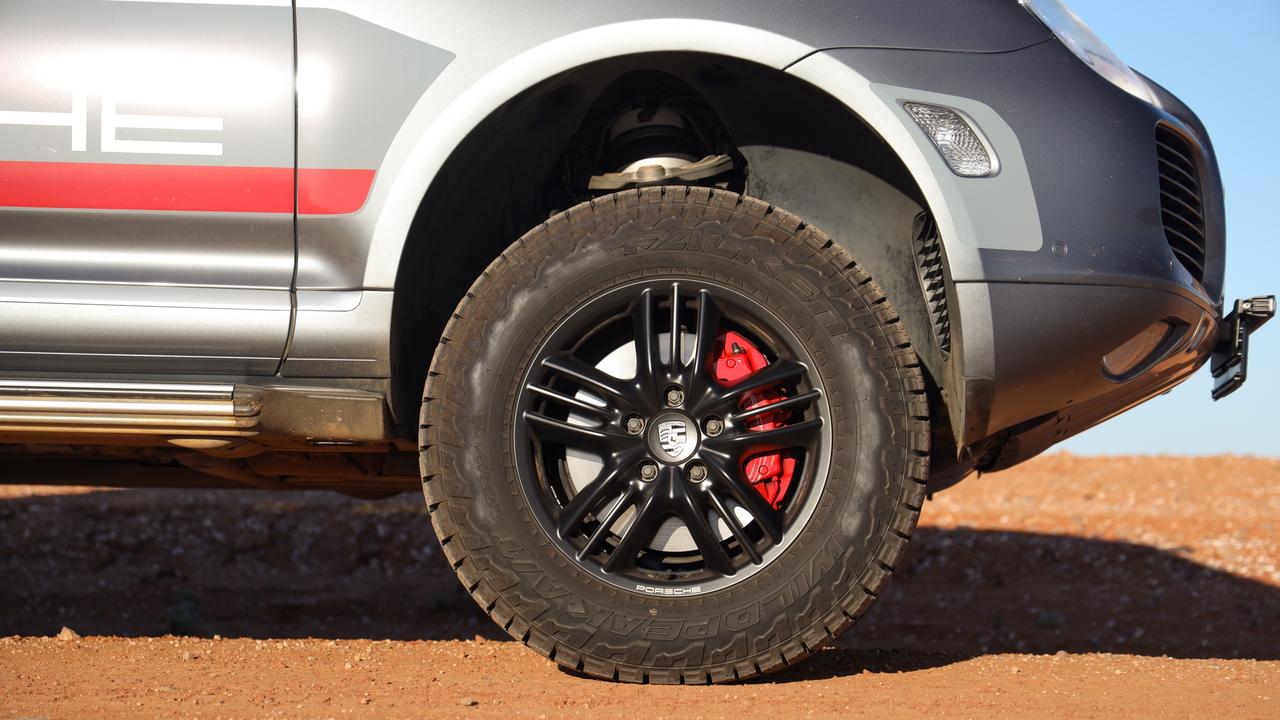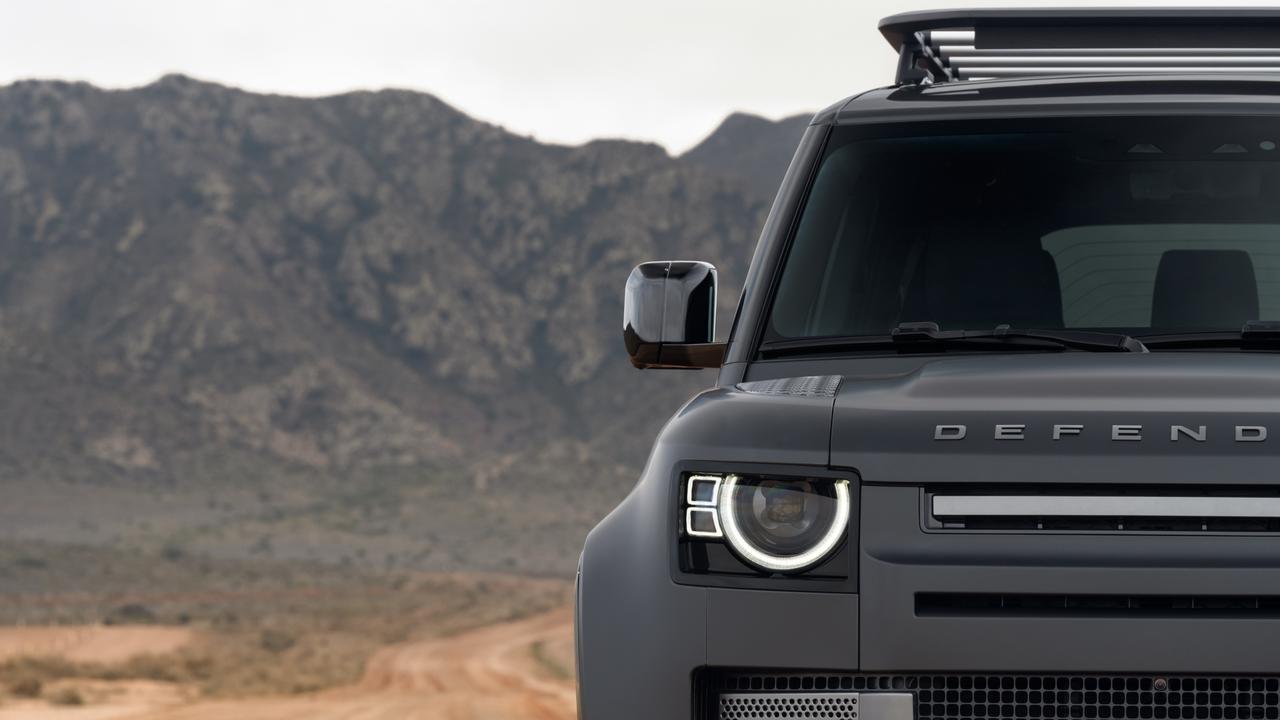Automotive giants prepare for war
The battle lines have been drawn as two old rivals representing some of the world’s best car companies go head to head.
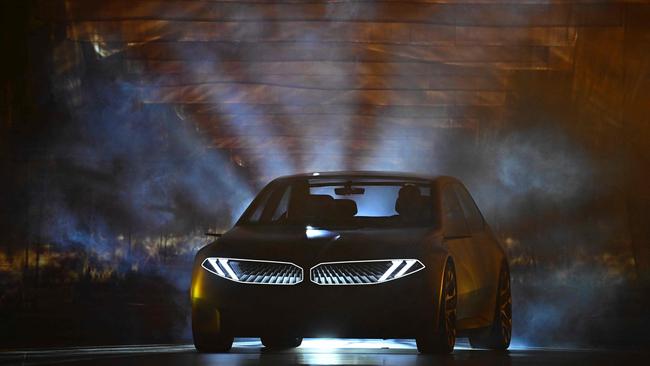
Motoring News
Don't miss out on the headlines from Motoring News. Followed categories will be added to My News.
A big BMW versus Mercedes-Benz electric vehicle battle is brewing.
The conflict will break out in 2025, when these two top-tier German car makers launch line-ups of more attractive and affordable next-generation EVs.
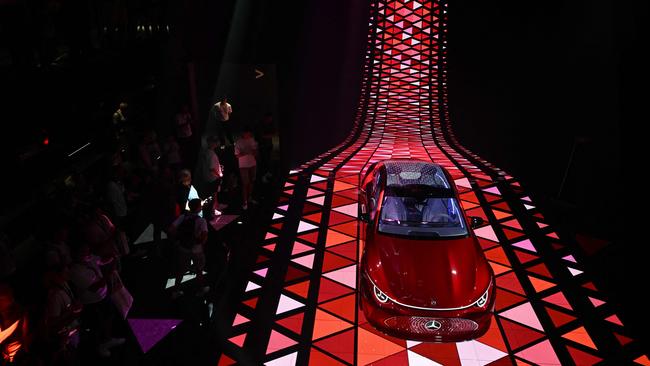
The opening shots in the coming conflict will be compact sedans.
Though SUVs and double-cab utes dominate the new car sales charts, and have done for years, EV buyers often prefer sedans. The Tesla Model 3, for a time the best-selling EV in Australia, is the obvious example. Others worthy of mention are the fastback Polestar 2 and the sleek Hyundai Ioniq 6.
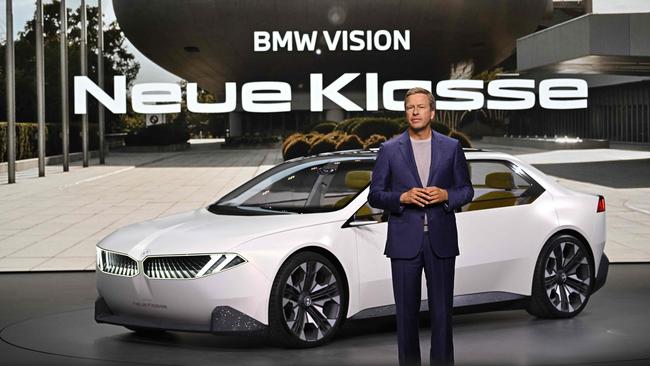
BMW and Mercedes-Benz both chose sedan shapes to preview the advanced EV platforms they are developing. The show cars displayed at the recent IAA Mobility expo in Munich – the BMW Vision Neue Klasse and the Mercedes-Benz Concept CLA Class – are accurate indications of what will go into production, according to senior executives from each company.
More aerodynamic and energy efficient than SUVs, sedans better highlight the advantages and advances of the all-new vehicle component sets that are the basis of the Vision Neue Klasse and Concept CLA Class.
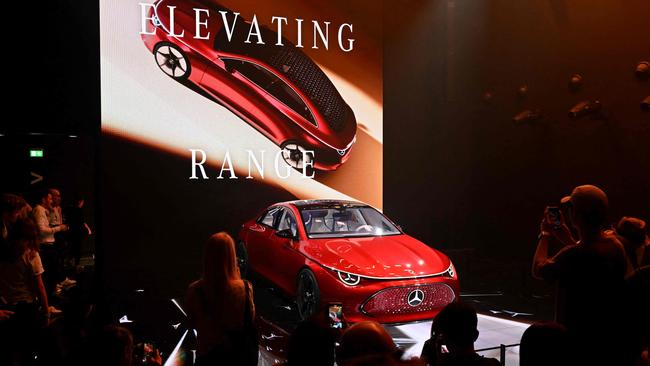
BMW plans to eventually build six different models on its Neue Klasse platform. The production version of the Vision concept sedan will hit the market late in 2025. It’ll be followed by a compact SUV, then four other models BMW is yet to announce.
MMA, standing for Mercedes-Benz Modular Architecture, is the all-new “electric first” platform that will arrive with the production version of the Concept CLA Class sometime in 2025. Mercedes-Benz plans to also produce a sleek CLA-based wagon and two SUVs on its MMA platform.
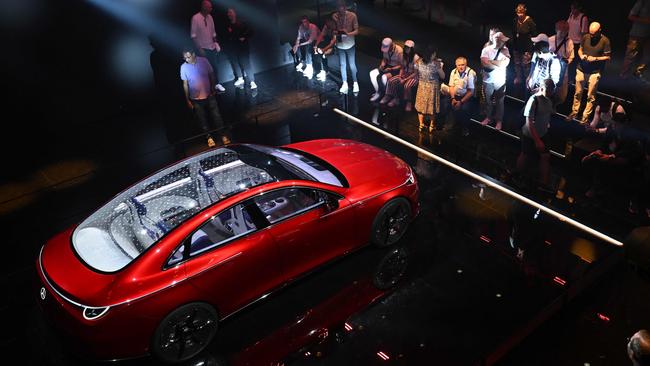
Both companies are counting on these new model families to rapidly accelerate growth in their global EV sales.
The Neue Klasse and MMA platforms are, in some ways, very similar. Both will use 800-volt battery packs, a technology so far seen only in a few other EVs, and both will adopt new battery cell chemistries.
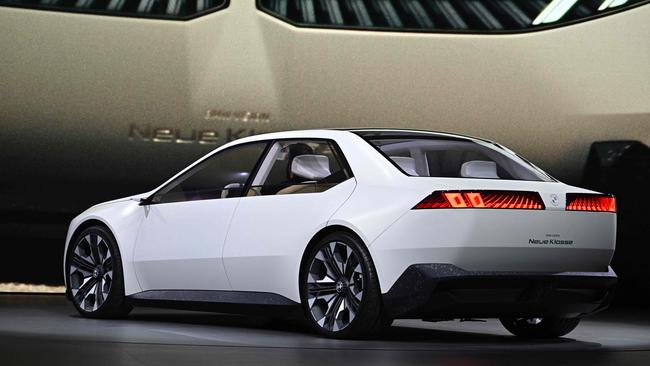
Together these moves will cut the time EV drivers will need to spend hooked up to DC fast chargers on long highway journeys. BMW claims its new EVs will be able to add up to 300km in just 10 minutes. Mercedes-Benz’s claim is only 10 percent or so slower.
Both brands also make impressive driving range claims for the production versions of the concepts. While BMW claims a range increase of 30 percent compared to its current EVs, Mercedes-Benz’s promise is more precise … “more than 750km”.
“I think we are going to be at the pinnacle for this segment with this range,” says Christoph Starzynski, EV architecture and development chief at Mercedes-Benz.
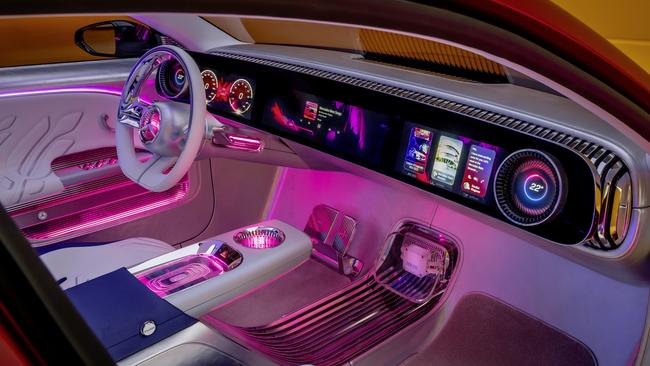
“Not only the range,” he continues. “More important is the consumption.”
“The efficiency comes from the entire play between battery, motor, the AC, heating, cooling, tyres, aerodynamics and also, of course, we have more and more assistance systems in the vehicles now.”
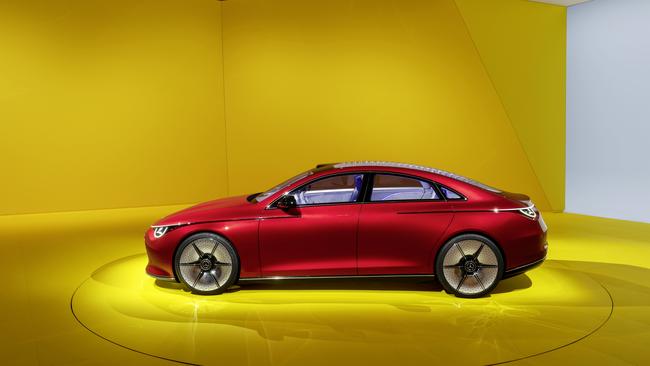
“These are all also consumers of energy, so the secret is to feed the consumers when they need to be fed. But, obviously, to put them on a diet if they don’t need to operate.”
“I think this is the big point. There are a lot of small things you have to do, small improvements, to get to this stage. It’s not just one big boom.”
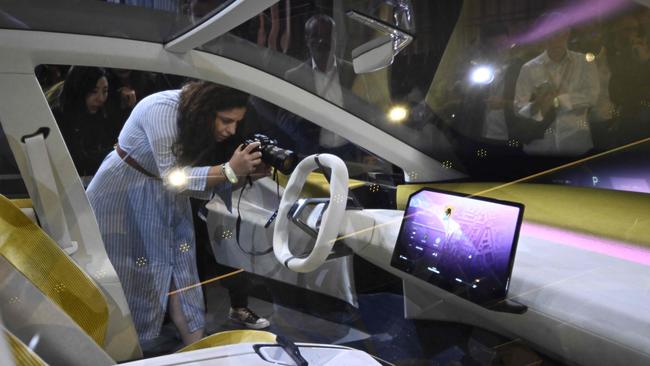
BMW likewise promises to deliver improved overall electrical efficiency. Both car makers are aiming for lower energy consumption than today’s EVs. Mercedes-Benz says 12kWh/100km is their target. BMW says 13kWh/100km, when vehicle use and recharging losses are both taken into account.
Still, there are also big differences in the approaches of the two German companies.
For its Neue Klasse cars BMW will move to Tesla-like cylindrical battery cells instead of the blocky prismatic design it uses today.
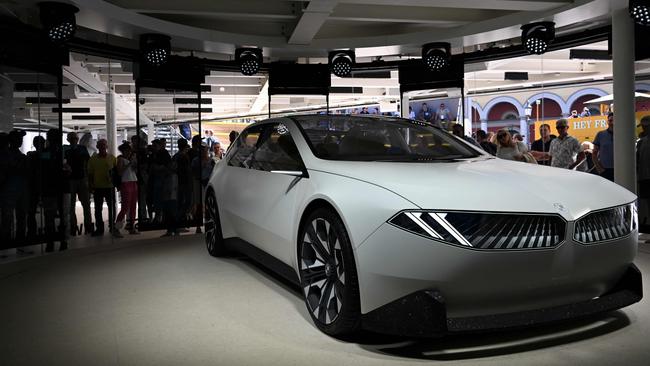
Mercedes-Benz hasn’t revealed what kind of cells it will install in its MMA-based EVs, but it will use a two-speed transmission in them. Nearly all EVs today have single-speed transmissions.
And Mercedes-Benz has designed MMA for internal-combustion power as well as electric, something BMW apparently doesn’t feel the need to do.
Originally published as Automotive giants prepare for war

